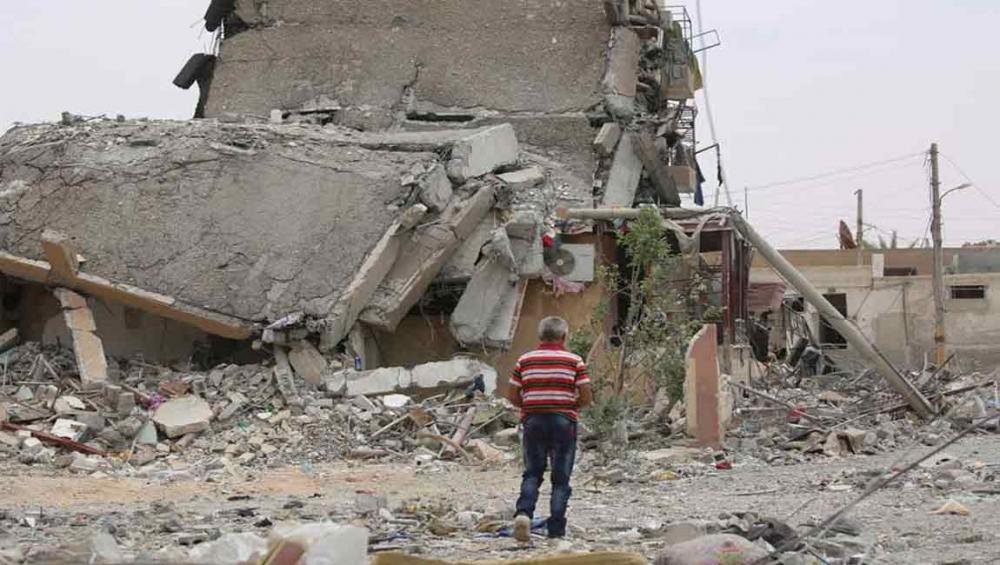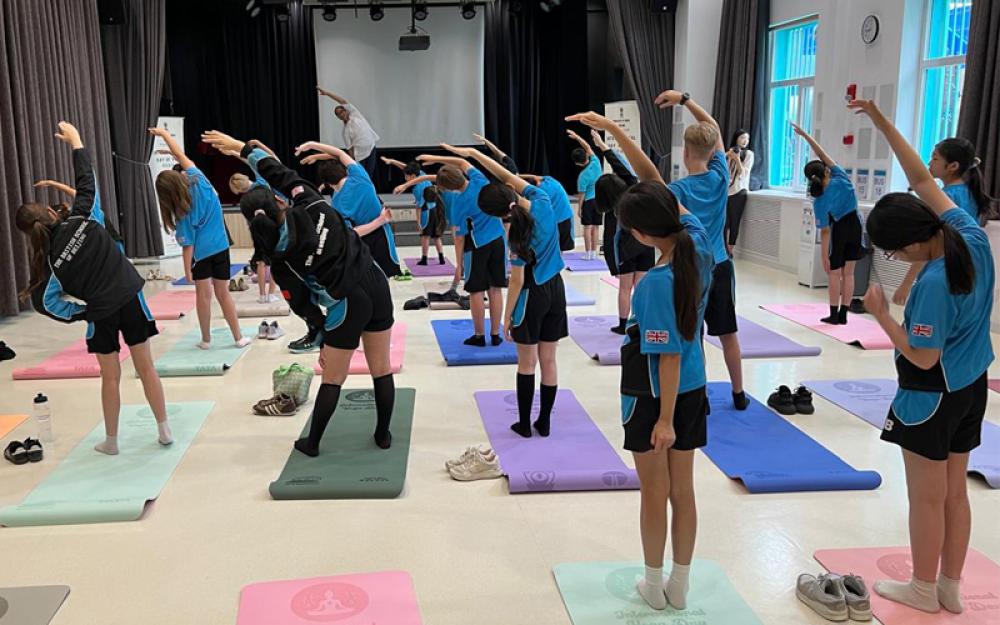Just Earth News | @Just Earth News | 25 Oct 2017, 05:45 pm Print

UNICEF/Souleiman
“The immediate objective of WHO [World Health Organization], together with local health authorities and NGO [non-governmental organization] partners, is to scale up life-saving health services for thousands of people who had been deprived of essential health care,” said Elizabeth Hoff, WHO Representative in Syria. “We are also ensuring the availability of quality vaccines for children.”
In a news release issued Tuesday, the agency said that five tons of shipment, including medicines and medical supplies for 500 trauma cases and 37,000 medical treatments, have been provided to Al-Tabqa National Hospital, the closest hospital to Raqqa.
This was the second shipment of health supplies provided by WHO to the hospital since its reopening in September 2017. The hospital was partially damaged in February 2017 due to intensive fighting in the area, but the emergency department, internal medicine and pediatric sections have been rehabilitated.
More than 13,500 people currently live in Raqqa city, where access to health services remains limited.
Since its rehabilitation, the hospital has treated more than 3400 patients, including more than 800 women and 1,300 children.
- Every hour, 100 people die of loneliness-related causes, says WHO
- DR Congo: New initiative to eliminate HIV in children ‘a beacon of hope’, says UN
- WHO study shows tobacco control efforts protect three-quarters of the world’s population
- Drinking coffee can help you live longer, a new study reveals
- New study finds women who work night shifts are more likely to have asthma






